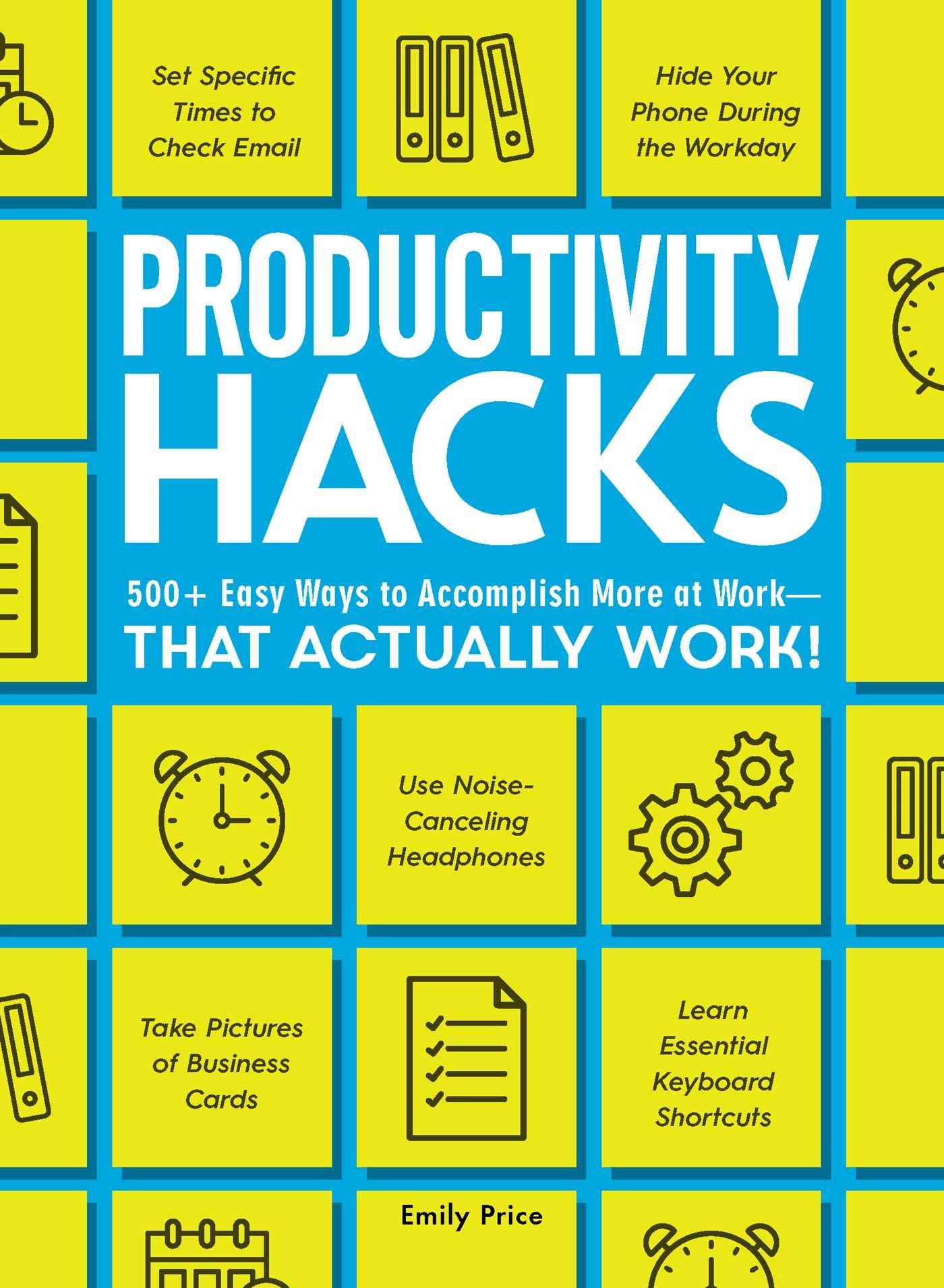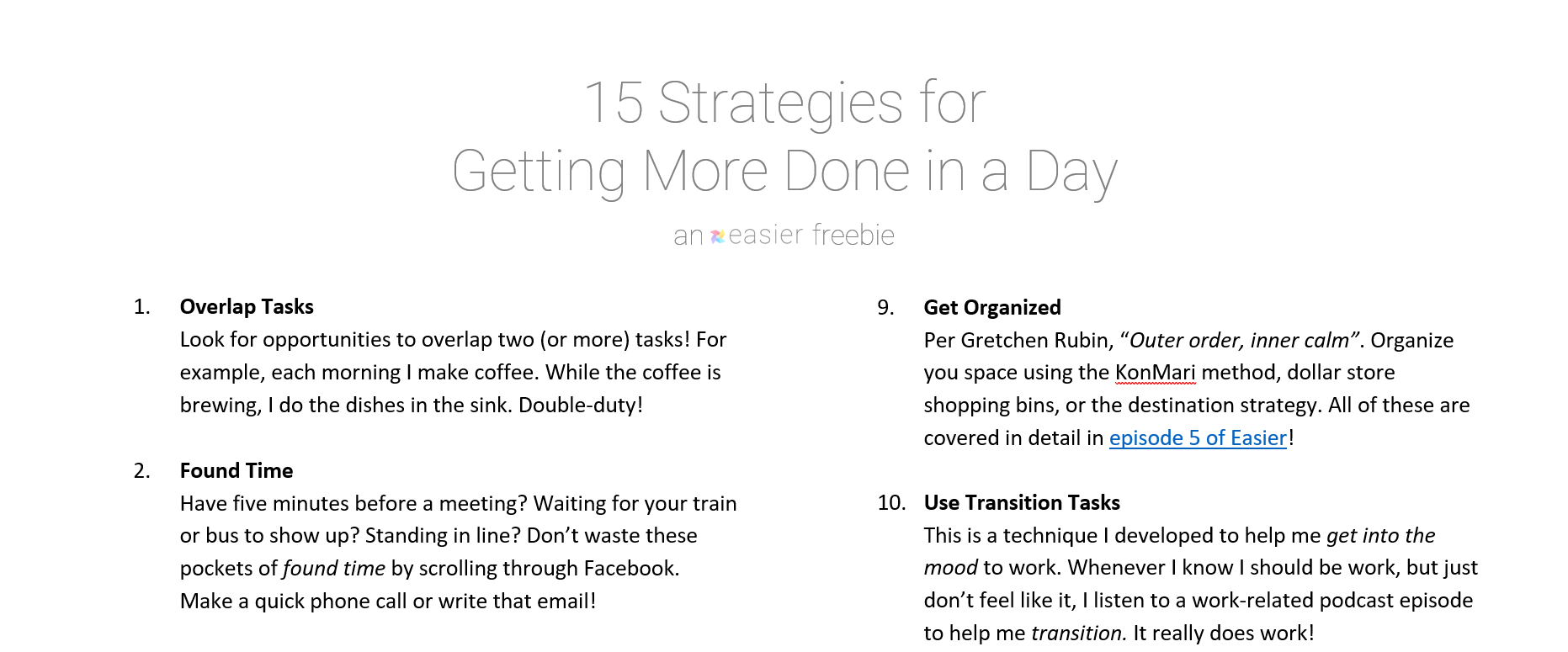Table of Contents
Next Plans at Current Plans
Make Life Easier
After leaving college, it seems like it gets harder and harder to make time to see friends. Everyone’s schedules were hectic right after graduation, and they’ve only gotten crazier. Between folks getting married, having kids, starting businesses, none of us have a lot of free time.
This sometimes means that months can go by before I’m able to see even some of my closest friends.
Here’s the best answer I’ve come up with: Make next plans at current plans, and put the time on your calendar.
- The biggest barriers are 1. Remembering to ask to hang out, and 2. Coordinating schedules when you’re apart.
- If you always remember to schedule your next meetup before you leave your current one, it takes care of both!
- Plus, you don’t have those nagging I need to remember to text _____ thoughts all the time
- Sometimes, the time you picked needs to be rescheduled. But, your calendar entry will always remind you.
10 Questions to Ask Before Scheduling a Meeting
Make Work Easier
If you’ve ever sat through an endless, pointless, mind-numbing meeting, you know how painful they can be.
If everyone stopped scheduling meetings that could have been emails, and starts scheduling meetings with real purpose, we can all escape this fresh hell.
Here are 10 simple questions to ask before scheduling a meeting that’ll help you be more productive and less annoying!
Productivity Hacks by Emily Price
I pulled this list of questions from a book called Productivity Hacks by Emily Price.
If you’re looking for strategies for getting more done (I’d imagine that’d be everyone listening to this show), check this book out!
Grab your own copy by clicking here.
1. Why do I want to have this meeting?
- Meetings are expensive.
- If you schedule a 1-hour meeting with 10 people, you’ve just used 10 collective staff hours.
- Multiply everyone’s pay-per-hour by 10, and you’ve got the meeting cost.
- Let’s say you’ve got a boss making $70,000 / year, and a staff of 9 each making $45,000 / year
- The boss earns about $36 / hour; the staff about $23.
- This means that your meeting will cost the organization almost $250 to run!
- If you don’t have a clear objective in mind, don’t have the meeting.
- Consider setting a SMART goal before the meeting
2. Could this meeting be handled in an email?
- This one really drives me crazy.
- Are you looking for actual conversation, or just to make announcements?
- If announcements: SKIP THE MEETING AND SEND AN EMAIL.
- If feedback: SKIP THE MEETING AND SEND AN EMAIL.
- Group dynamic: It’s alright to schedule a meeting.onversation: Ask yourself if a group dynamic will be helpful, or if you just need feedback.
3. What goal am I trying to achieve by the end of the meeting?
- We touched on this in question 1, but it’s worth reiterating.
- Be crystal clear in your goal for the meeting.
- TERRIBLE OBJECTIVE: I want to meet because I haven’t seen folks in a while. (This is a vanity exercise.)
- ACCEPTABLE OBJECTIVE: I want to meet because my team needs to update everyone on the progress of their in-progress projects.
- Again, consider setting a SMART goal:
- e.g., GOAL: To make a decision about which ad firm to hire by 3 PM this afternoon.
- Be sure to communicate this goal to everyone prior to the meeting.
- Be sure to end the meeting when the goal has been accomplished.
4. Who absolutely needs to attend this meeting?
- Remember how expensive meetings are (see question 1)
- Remember how you felt the last time you were stuck in a meeting that was totally irrelevant to you
- Ask yourself if the folks you’re inviting to the meeting really need to be there
- If they will contribute to the meeting’s objective in a meaningful way, invite them
- If not, let them be!
- Also, ask yourself if all attendees need to stay the entire time?
- There’s no law that says everyone in the meeting has to stay the whole time
- I hate sitting in meetings that are partially relevant to me, but I’m stuck in them well beyond my part is over
- Let folks go once they’ve done their part!
5. How can I make this meeting useful for all attendees?
- Provide an agenda in advance
- Assign someone to take notes, preferably digitally
- Keep everyone on topic. Squash digressions before they go too far.
- Set time limits for each topic on the agenda
- Set a hard end time (see question 7 for more)
6. What information can I provide before the meeting?
- As mentioned in question 6, provide an agenda!
- Agendas don’t have to be crazy-long or complicated. Simply a list of the topics discussed.
- Request that folks send agenda items in advance. No agenda items, no meeting!
- Sometimes, folks will have things to say, but will doubt whether they’re important enough to be put on the agenda
- To combat this, ensure you have a crystal clear goal for the meeting. Also, provide example agenda items.
- If you have items yourself, sending those out first will often help get the ball rolling
7. How can I organize the meeting so everyone’s voice is heard?
- If you’re having an updates meeting (where folks share progress):
- Give every attendee a slot on the agenda
- Take the time allotted for the updates and divide it by the number of attendees. This is everyone’s speaking time. (e.g., 30 minutes / 6 attendees = 5 minutes each)
- Hold everyone to their speaking time. Once they’ve used it, table their conversation until later.
- If you’re having a discussion meeting (where you encourage dialogue):
- These meetings can be trickier
- Your goal is conversation about a particular topic, and often folks have varying opinions
- As the organizer, I believe your role should be like the chair of a committee in parliamentary procedure: as a neutral facilitator
Guidelines for being a neutral facilitator
- Don’t take sides
- If you already know the answer, don’t have a meeting
- If you don’t, your best outcome is to extract all information possible from attendees
- Folks won’t share honest feedback if they believe you’re biased
- If the conversation becomes circular (people saying the same things over and over), ask for disagreement
- If you have 10 people (plus you) in a meeting, and the same 5 folks keep sharing the same opinions over and over, you have the right to ask for other opinions
- This gives the other 5 folks who might have felt uncomfortable disagreeing a chance to speak
- If nobody pipes up, you have the feedback you need
8. How long does the meeting really need to be?
- This is my number one complaint about meetings: That they can be indefinite.
- Set a hard end time. Stick to it no matter what.
- First, remember that meetings are expensive
- Second, it is incredibly disrespectful of your colleagues to hold them hostage in a never-ending meeting
- But what if the meeting is covering what I need and I don’t want to end it?
- Tough.
- Holding everyone hostage because you didn’t allot enough time is your fault, not everyone else’s
- You should have used the time you allotted more efficiently
- You can schedule another meeting, being more mindful about how much time you actually need
- No, really. I can’t end this meeting. We have to finish this now.
- There are only two respectful things you can do:
- Ask the group for a one-time extension (being specific about how much time you want). Allow them to vote. Respect the outcome.
- Tell folks that you are going to wrap up this conversation, but they are free to leave. You must be genuine in this — don’t say it and silently expect everyone to stay.
- There are only two respectful things you can do:
9. What’s a convenient time to meet?
- Scheduling is a pain
- Here are a couple of tools:
- Doodle: This is a great, free tool for getting everyone scheduled
- Outlook: If your team already uses Outlook, try the scheduling assistant!
- Do you have any tools to recommend? I’d love to know what works best for your team!
10. How can I guarantee that everyone leaves with specific tasks?
- First, you have to ensure that someone takes notes. Digitally is always preferable.
- Ensure that the person taking notes is flagging all action items
- Check out the tip from episode 29 about Identify Action Items While Taking Notes
- Be sure that they’re including the name (I use initials) of the assignees
- Ask the note-taker to recap the action items aloud before the meeting ends
- Put this on the agenda!
Get the Free Download!
15 Strategies for Getting More Done in a Day
I have a fantastic freebie I'd love to send to you. It's a one-page guide that covers my favorite 15 strategies for making the most out of every day.
Click below to grab this download now!




